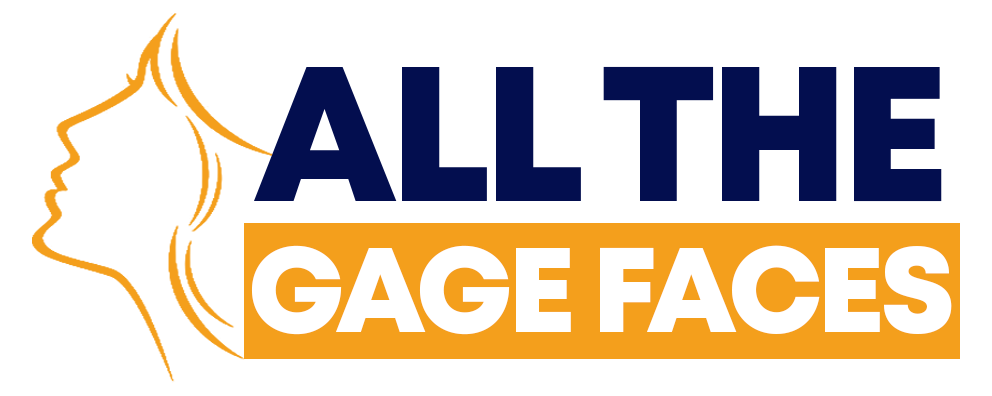In the modern world, credit cards have become an integral part of our financial landscape, offering convenience, flexibility, and numerous perks. However, like any financial tool, they come with both advantages and disadvantages. This article aims to explore the dual nature of credit cards, shedding light on the benefits that make them indispensable for many, as well as the pitfalls that can lead individuals into financial turmoil.
Benefits of Credit Cards:
- Convenience and Accessibility: Credit cards provide unparalleled convenience, allowing users to make purchases without carrying cash. This not only simplifies transactions but also enhances security by reducing the risk of theft or loss.
- Builds Credit History: Responsible credit card usage contributes positively to an individual’s credit history. This, in turn, can facilitate access to loans and favorable interest rates in the future, enabling financial growth.
- Rewards Programs: Many credit cards come with enticing rewards programs, offering cashback, travel miles, or discounts on specific purchases. Savvy users can leverage these programs to earn valuable perks while managing their expenses.
- Emergency Fund: Credit cards can serve as a financial safety net during emergencies when immediate funds are required. Whether it’s a medical expense or a sudden home repair, having a credit card can provide a temporary solution.
- Online Shopping Security: Credit cards offer enhanced security for online transactions. In case of fraudulent activities, users are generally protected by the card issuer’s policies, providing a layer of security for digital purchases.
Disadvantages of Credit Cards:
- Interest Rates: One of the primary drawbacks of credit cards is the high-interest rates associated with unpaid balances. Failure to pay the full amount by the due date can lead to accumulating debt with interest, putting users in a financial bind.
- Debt Accumulation: The ease of credit card usage can lead to impulsive spending, resulting in debt accumulation. For individuals with poor financial discipline, credit cards can become a gateway to excessive borrowing and financial instability.
- Fees and Charges: Credit cards often come with annual fees, late payment charges, and cash advance fees. These additional costs can add up quickly, diminishing the perceived benefits of the card.
- Negative Impact on Credit Score: Mishandling credit card payments can have a detrimental impact on one’s credit score. Late payments, defaults, or maxing out credit limits can significantly decrease the creditworthiness of an individual.
- Overspending Tendency: The convenience of credit cards might encourage overspending, as users may lose track of their expenses. Without a disciplined approach, individuals may find themselves in a cycle of debt that is challenging to break.
Balancing Act: Tips for Responsible Credit Card Usage:
- Budgeting: Create a monthly budget outlining necessary expenses and discretionary spending. Stick to this budget to avoid impulsive purchases that can lead to credit card debt.
- Timely Payments:Paying credit card bills on time is crucial to avoid accumulating interest and late payment fees. Set up automatic payments or reminders to ensure timely settlements.
- Emergency Fund: While credit cards can act as a financial safety net, it’s essential to have a separate emergency fund. Relying solely on credit cards for emergencies can exacerbate long-term financial challenges.
- Understanding Terms and Conditions: Thoroughly read and understand the terms and conditions of your credit card agreement. Be aware of interest rates, fees, and any potential changes to the terms.
- Credit Limit Awareness:
- Keep track of your credit limit and use it judiciously. Maxing out your credit card can negatively impact your credit score and increase the risk of debt.
Conclusion:
Credit cards, with their myriad benefits and disadvantages, are a double-edged sword in the world of personal finance. While they offer unmatched convenience, rewards, and security, the pitfalls of high-interest rates, debt accumulation, and fees are ever-present. Responsible usage and a clear understanding of the financial implications are crucial to harness the benefits while mitigating the risks associated with credit cards. It’s imperative for individuals to strike a balance, using credit cards as a tool for financial convenience and growth rather than succumbing to the pitfalls that can lead to financial distress
-
Q: What are the primary benefits of using a credit card?
A: Credit cards offer various benefits, including convenience, accessibility, the ability to build credit history, rewards programs, and enhanced security for online transactions.
-
Q: How does responsible credit card usage contribute to building a credit history?
A: Timely payments and responsible credit management positively impact your credit history, making it easier to access loans with favorable interest rates in the future.
-
Q: What are the common pitfalls associated with credit cards?
A: Common disadvantages include high-interest rates, debt accumulation, fees and charges, negative impacts on credit scores, and the potential for overspending.
-
Q: How can credit cards act as an emergency fund?
A: Credit cards provide a quick source of funds during emergencies when immediate cash is needed. However, it’s crucial to have a separate emergency fund to avoid long-term financial challenges.
- Q: What types of rewards can be earned through credit card rewards programs?
A: Rewards can include cashback, travel miles, discounts on specific purchases, and other perks depending on the credit card issuer and the type of card.
-
Q: What is the most significant disadvantage of credit cards?
A: The high-interest rates associated with unpaid balances are often considered the most significant disadvantage, as they can lead to the accumulation of debt if the full amount is not paid by the due date.
-
Q: How can individuals avoid accumulating credit card debt?
A: Budgeting, timely payments, understanding credit card terms and conditions, maintaining an emergency fund, and being mindful of credit limits are key strategies to avoid debt accumulation.
-
Q: Do credit cards affect credit scores?
A: Yes, credit cards can impact credit scores. Timely payments and responsible credit card usage positively influence credit scores, while late payments, defaults, and excessive credit card debt can have a negative impact.
-
Q: Are there any fees associated with credit cards?
A: Yes, credit cards often come with fees such as annual fees, late payment charges, and cash advance fees. It’s essential for cardholders to be aware of these fees and factor them into their financial planning.
-
Q: How can individuals strike a balance between using credit cards responsibly and enjoying their benefits?
A: Creating a budget, making timely payments, understanding credit card terms, and using credit limits judiciously are essential for striking a balance and enjoying the benefits of credit cards without falling into financial pitfalls.

